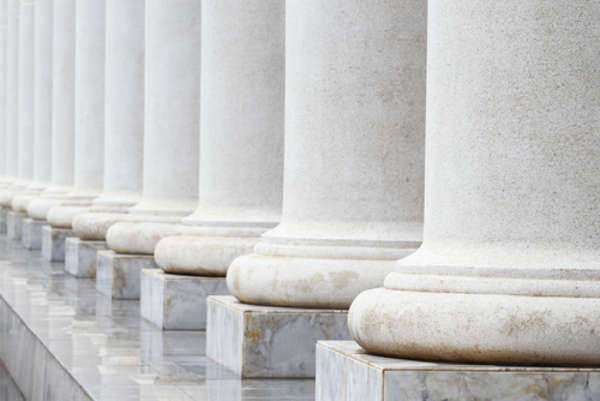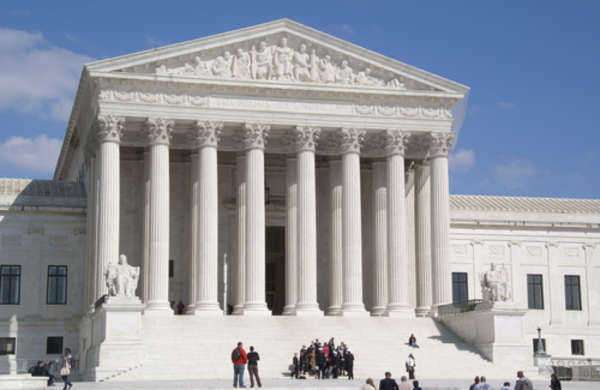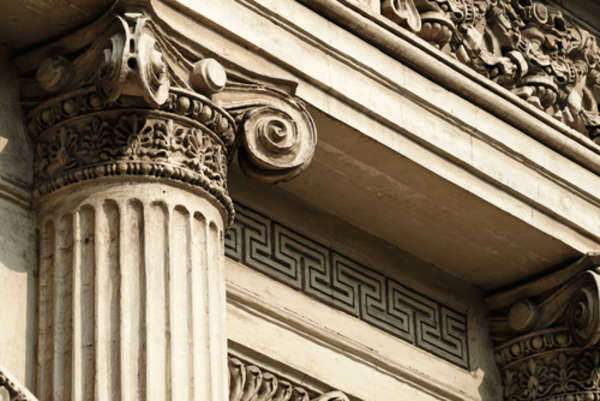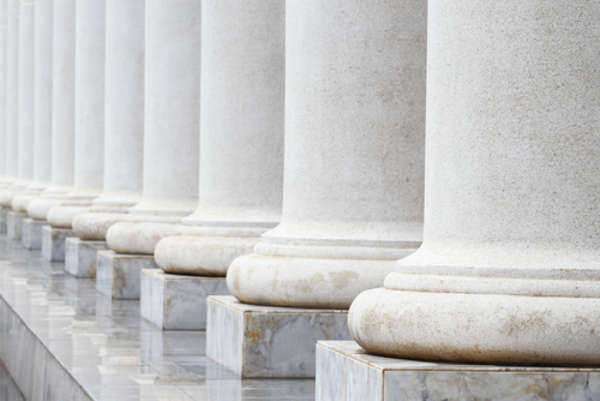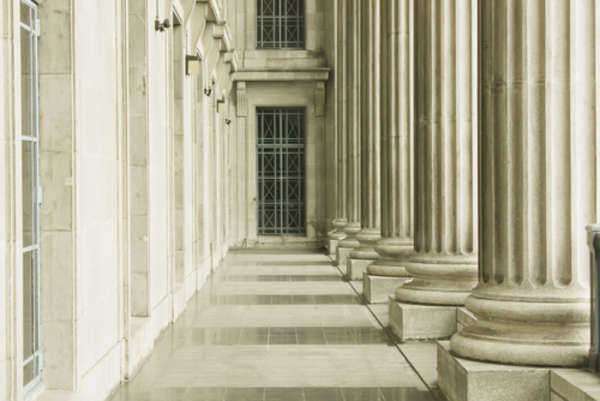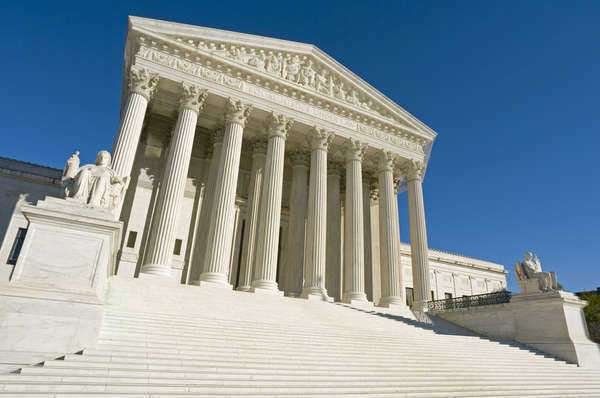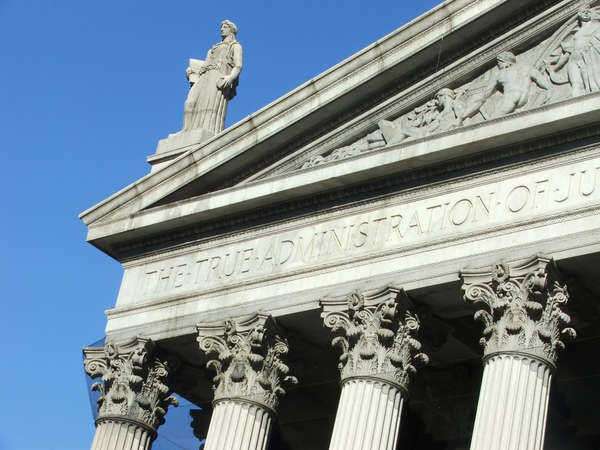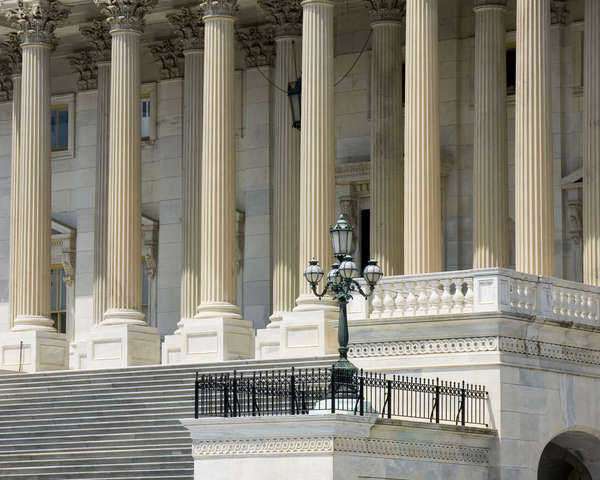
State Court
State courts are the highest level of courts. Each State has a court system which involves lower courts, on the county level, for instance, and a State Supreme Court, which is the highest court at the State level. Each county within the State generally has a county court, which would be found in the county seat or county capital. County courts generally hear criminal trails and civil trials.
State Supreme Court
State Supreme Courts are the highest level of courts on the State level. The State Supreme Court hears cases in which the involved individuals believe that the outcome of a trial in a lower court was unfair or involved evidence which was not based on fact. Any cases which had outcomes based on legal errors made by the lower courts may be overruled by the State’s Supreme Court.
Illinois
The judicial system of Illinois consists of 23 different Circuit courts which have been created for the 97 counties in the State as a whole, including Lake, McHenry, Will, DuPage, and Cook County Circuit courts, while others are composed of multiple, generally comparatively small Circuit courts. In the Illinois judicial system, the largest Circuit Court is that of Cook County, which includes Chicago under its legal jurisdiction.
Kansas
Johnson County courts represent one component of the overall judicial system of the U.S. State of Kansas. Residents of Johnson County, Kansas, or out-of-state individuals otherwise concerned with ongoing legal proceedings and matters within the area, may wish to refer to the available, online source for legal information as consists of the State Government site’s Internet-based search function. Information from Johnson County courts is accordingly made available as provided for by the Open Records Act.
Kentucky
The Kentucky (KY) Courts system is composed of a legal infrastructure which includes the presiding authority of the State Supreme Court as well as the two District and Circuit KY court dockets, which were created for accepting and handling different kinds of legal matters which may arise in the State. The Administrative Office of the Courts (AOC) is responsible for administering specific information as to the ongoing processes and motions being handled on the KY court dockets.
Louisiana
The Louisiana Supreme Court is a “last resort” legal institution, in the sense that it possesses the ultimate appellate authority over the decisions and judgments rendered by the lower courts in the overall Louisiana (LA) judicial system. Prior to being known as the Supreme Court, this institution was called the LA Superior Court. LA Superior Court Traffic at this point, in the early 18th century, consisted of documents issued by the colonial French government.
District Court of Maryland
The Maryland Court of Appeals is the acting Supreme Court, to use a term more routinely enlisted for this purpose in the American judicial system, for the legal system of this particular State. Maryland Court cases can generally be looked into, with exceptions for Prince George County and Montgomery County, through the online function of a Maryland Judiciary Case Search, having been offered by the State Government beginning with 2006.
Michigan
The “Michigan Courts-One Court of Justice” site contains information on Michigan court rules and such various areas as the Macomb County Circuit Court. Michigan courts are thus administered by the State Supreme Court, which holds ultimate and appellate power over the lower courts which have the ability to originate legal proceedings. Fifty-seven different Michigan Circuit courts exist throughout the State as a whole, administered by six year term judges.
Minnesota
The Minnesota (MN) Courts system can be accessed, in terms of the MN court records which it produces from legal proceedings, through the Minnesota Judicial Branch Access Case Records search function, which is the MPA Remote search, or Minnesota Trial Court Public Access Remote view. The Minnesota Rules of Public Access to Records of the Judicial Branch, in particular Rule 8, Subdivision 2, provides for permissible limits on access to MN court records.
Mississippi
The Mississippi Supreme Court is a legal institution which dates back to 1817, when it was first referred to as the High Court of Errors and Appeals, and as such, is currently based out of the City of Jackson. The Mississippi Supreme Court exercises appellate functions in regard to the legal proceedings initiated in lower courts of the Mississippi judicial system. The Mississippi Supreme Court Chief Justice is Judge William L. Waller, Jr.
Missouri
The legal infrastructure of Missouri courts can be referred to through the “Your Missouri Courts” website established by the State Government. In this way, Missouri court records can be located through the query functions offered by the Automated Case Management System. Missouri court cases can be looked into through this way as originate from the three various legal levels of the Missouri Supreme Court, the Missouri Court of Appeals, or the Missouri Circuit Court systems.
Nevada
The Nevada Supreme Court exercises appellate functions over the Nevada Judicial system as a whole, administering such various institutions as the Clark County Courts. The Nevada Supreme Court bench has been filled since 1997 by 7 justices who will hear the ultimate appeal over legal decisions rendered in the State before a case goes out of Nevada. The Nevada Supreme Court was first created in 1864, when the territory first achieved statehood status in the U.S.
New Jersey
The New Jersey (NJ) courts system can provide information to State residents and people otherwise concerned with legal matters in the State through the NJ Courts Online search function. The NJ Courts Online search engine can provide for documents pertaining to a variety of various legal matters, including both criminal law, and such civil law matters as traffic-related legal matters, domestic and family law, and the provision of property in an estate.
New Mexico
New Mexico (NM) courts are administered, ultimately, according to the appellate authority exercised by the New Mexico State Supreme Court, which has its offices in Santa Fe. Five Justices serve on this body of the NM courts, and as a whole exercise “last resort” powers over cases and appeals raised in relation to them in the State of New Mexico, after which appeals will go out of the State and beyond the legal supervision of the NM courts.
New York
The New York State judicial system is administered by the Court of Appeals, which fulfills the function more typically filled in other U.S. states by institutions formally referred to as State Supreme Courts. In New York State, on the other hand, a State Supreme Court carries out trial, rather than appellate, duties, initiating the legal proceedings concerning some matter of interest under law, including both significant criminal offenses and certain kinds of civil matters.
North Carolina
North Carolina (NC) courts can come in the forms of either an Appellate Division or Trial Division court, and, in one single instance, in the form of the appellate body of the North Carolina State Supreme Court. Information on North Carolina legal proceedings can be appealed to from the available North Carolina (NC) calendars and NC court dates as have been made available and easily viewable online, though with some exceptions based on courts’ financial difficulties.
North Dakota
The North Dakota (ND) courts judicial system is ultimately under the appellate jurisdiction of the North Dakota Supreme Court. Under this body are placed the 7 district-level ND courts, and under these the Municipal ND courts, as has variously provide for the 53 North Dakota counties. In 2010, the Chief Justice of the North Dakota judicial system was Gerald W. VandeWalle, who is one five Justices appointed to sit on the bench of the North Dakota Supreme Court.
